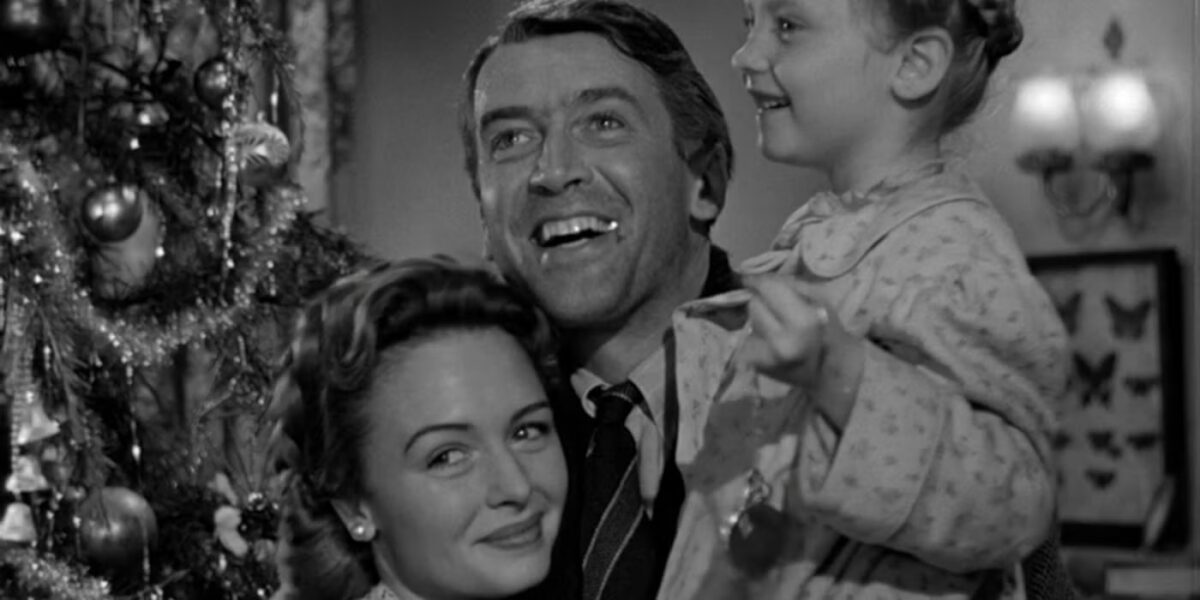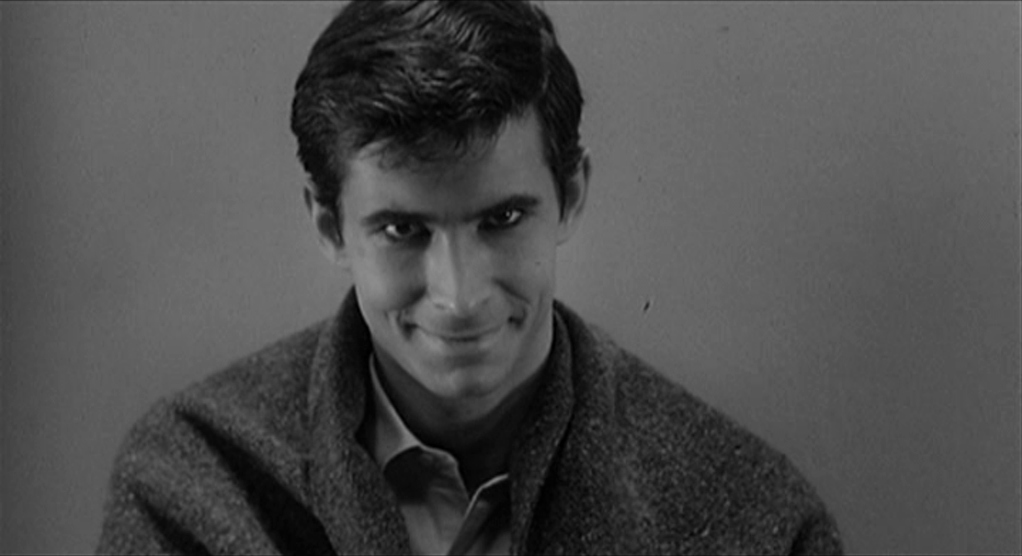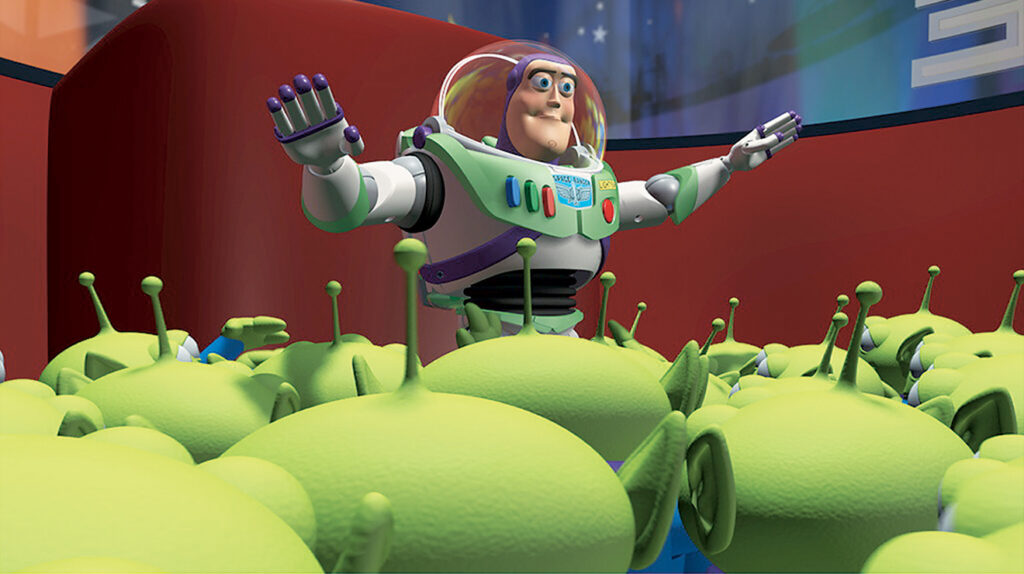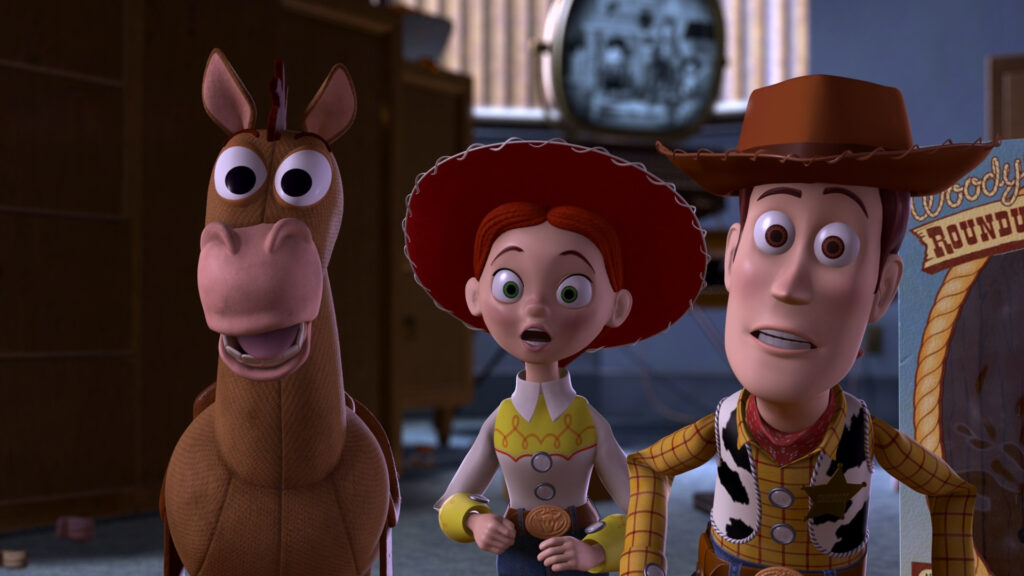When a film receives a rare and coveted “Masterpiece – Tour De Good” rating here on The Goods, it joins a Hall of Fame. Here are all the masterpieces for which I’ve written full-length reviews, in chronological release order.
As of May 2025, I have reviewed 31 Tour de Good masterpieces, with one other masterpiece reviewed by a contributor.
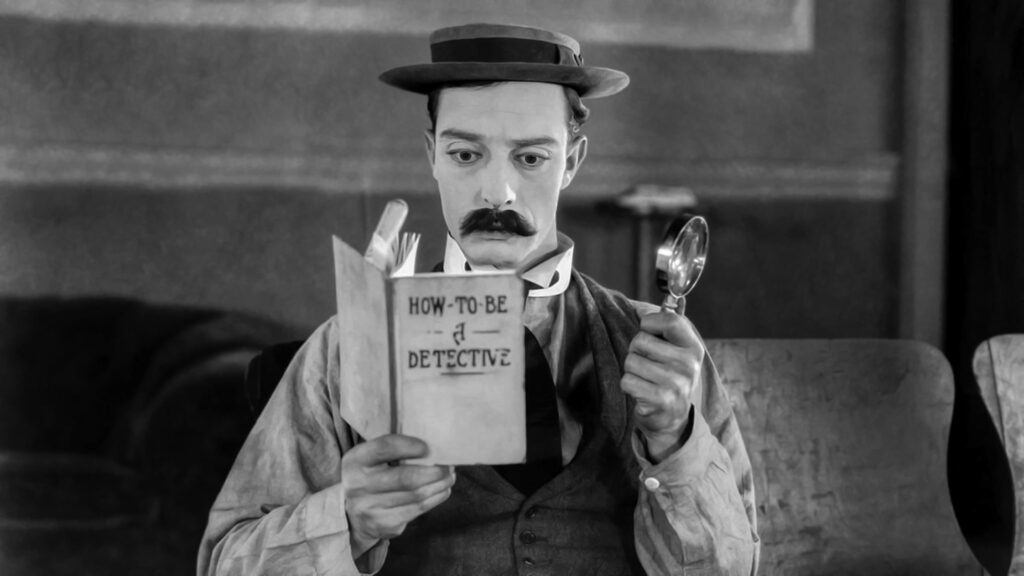
Sherlock Jr. (1924)
“I’ve seen plenty of films older than Sherlock Jr. that are marvelous and worthy entrants into the canon of cinema history, but, as of this writing, this is the earliest one I purely adore with my 21st century eyes. It is timeless, inventive, ceaseless comedy magic.”
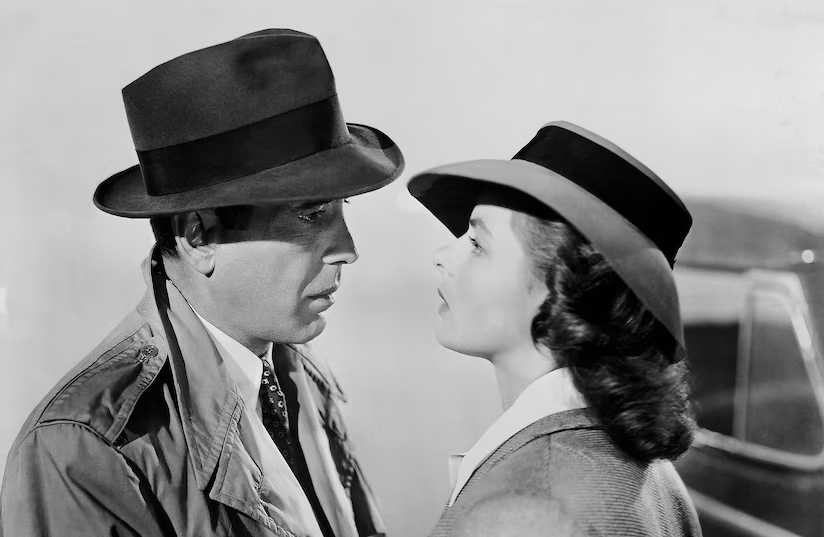
Casablanca (1942)
“Full-tilt American romanticism: Bittersweet lost love gets its second chance, but self-sacrifice and nobility win out. Cinematic romance raised to perfection.”
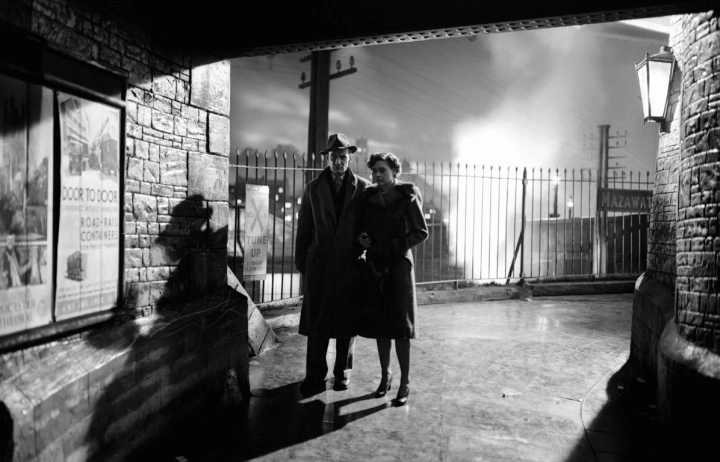
Brief Encounter (1945)
“First loves have a certain purity and intensity, of course, but there’s something so moving about people who have seen a lot of shit in their life still allowing their hearts to open.”
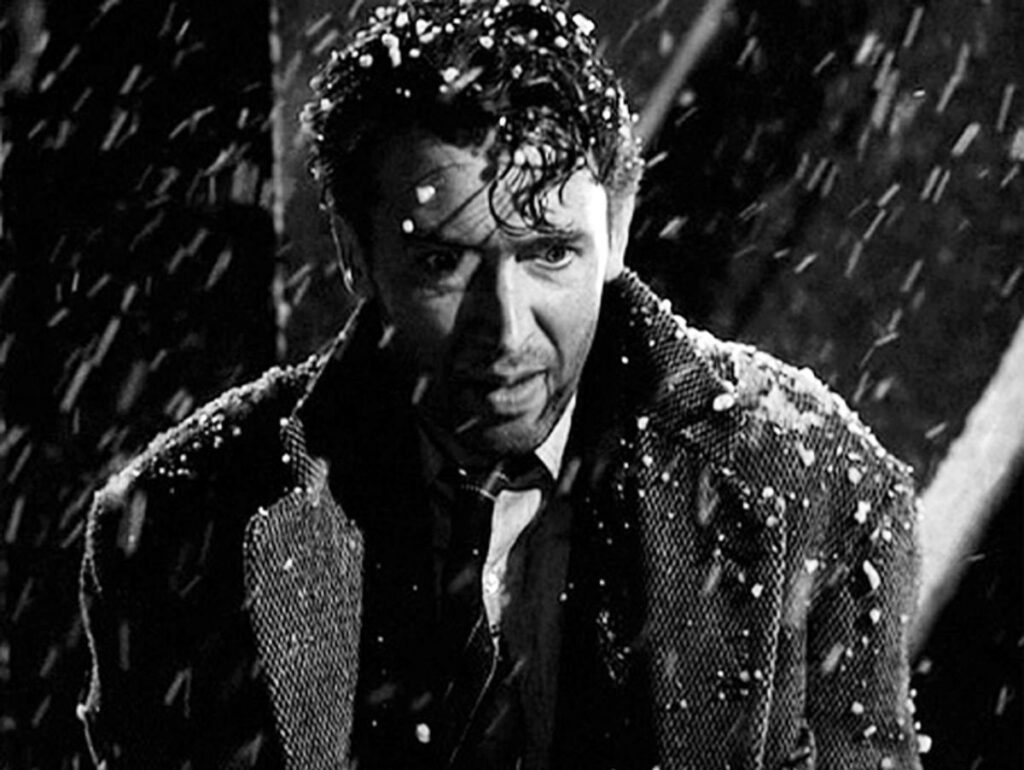
It’s a Wonderful Life (1946)
“But none of those flaws end up mattering. George pulls out Zuzu’s petals and I’m not thinking about anything other than how lucky I am a film can still make me feel this way.”
Psycho (1960)
“Psycho’s coup de grace is to convince us that ‘monster’ and ‘normality’ are, in fact, one in the same. The ‘monster’ is the mental sickness infecting us all, begging us to watch like Norman through his peephole: It’s in the house on the hill, and in the motel office, and in the parlor’s birds, and in the Phoenix window we picked at random — all captured in some of cinema’s finest filmmaking by one of cinema’s finest directors.”
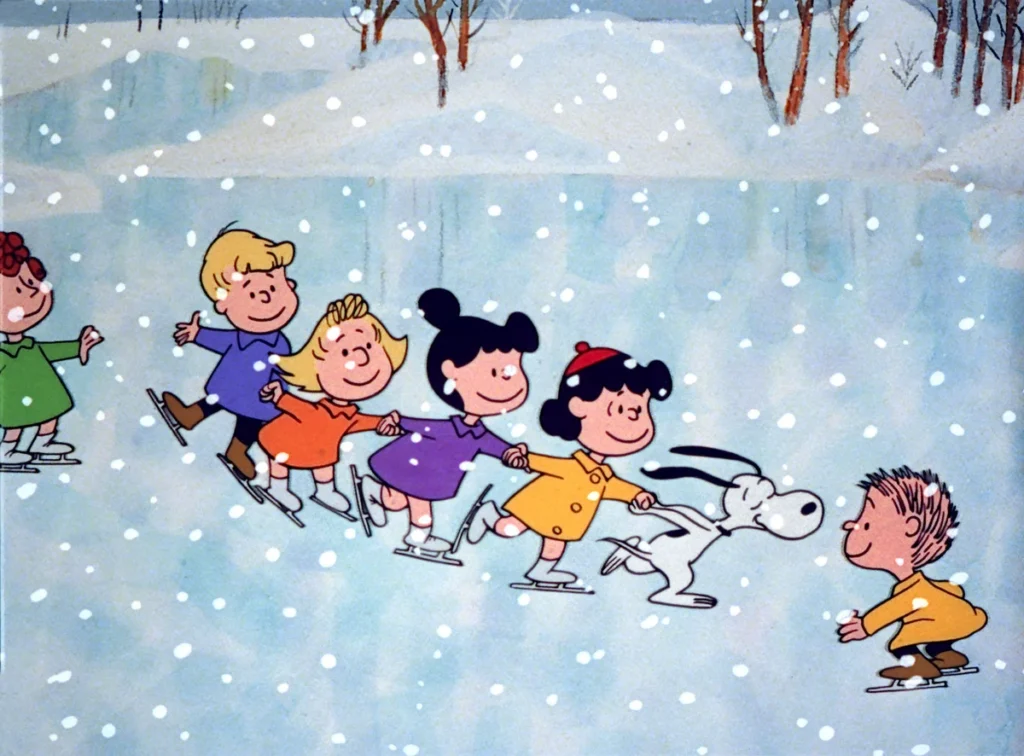
A Charlie Brown Christmas (1965)
“We all find ourselves spiritually eroded during the winter months. Most people cope by putting on displays and buying trinkets. Charlie Brown sees the hollow spectacle of holiday season for what it is, and Linus reminds him (and us) that true healing comes from something deeper. There’s something within the human spirit that keeps us persevering even when the days get cold and short and hope is lost. That’s what Christmas is all about, Charlie Brown.”
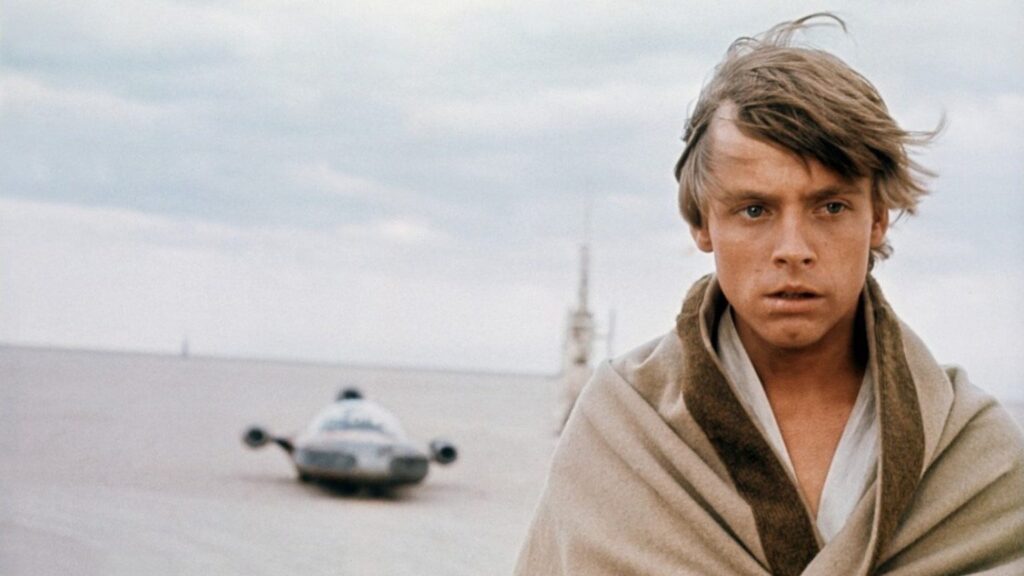
Star Wars (1977)
“There would come better Star Wars narratives after this one, with richer character development, more satisfying plot arcs, more ambitious storytelling, and more nuanced morality. But there will never be a better Star Wars film qua film than the original, an ultrasonic death laser of cinematic power, and that’s why it’s my favorite in the series and one of my favorite movies, period.”
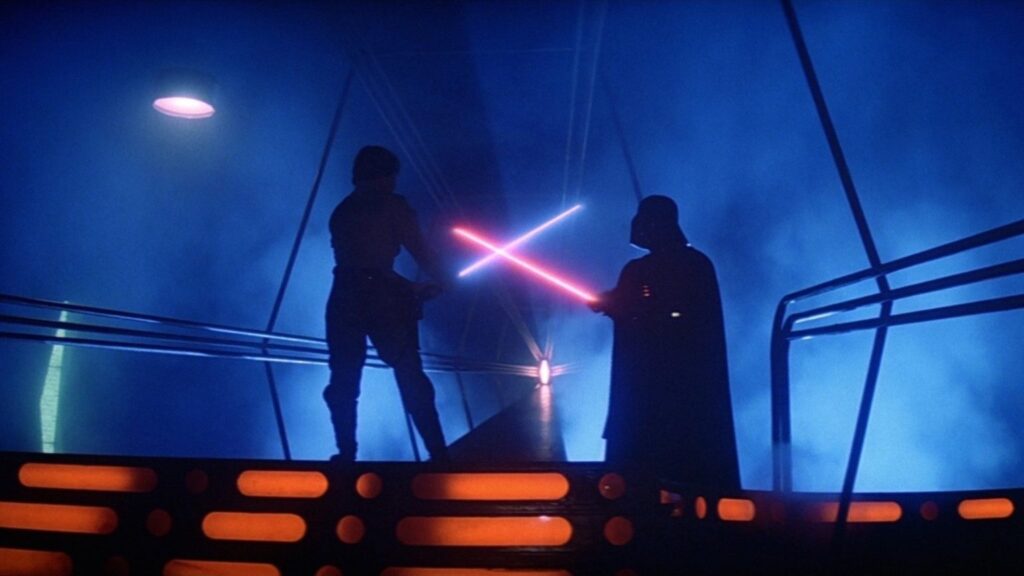
The Empire Strikes Back (1980)
“With so many bad franchise sequels in film history, Empire Strikes Back is kind of a miracle.”
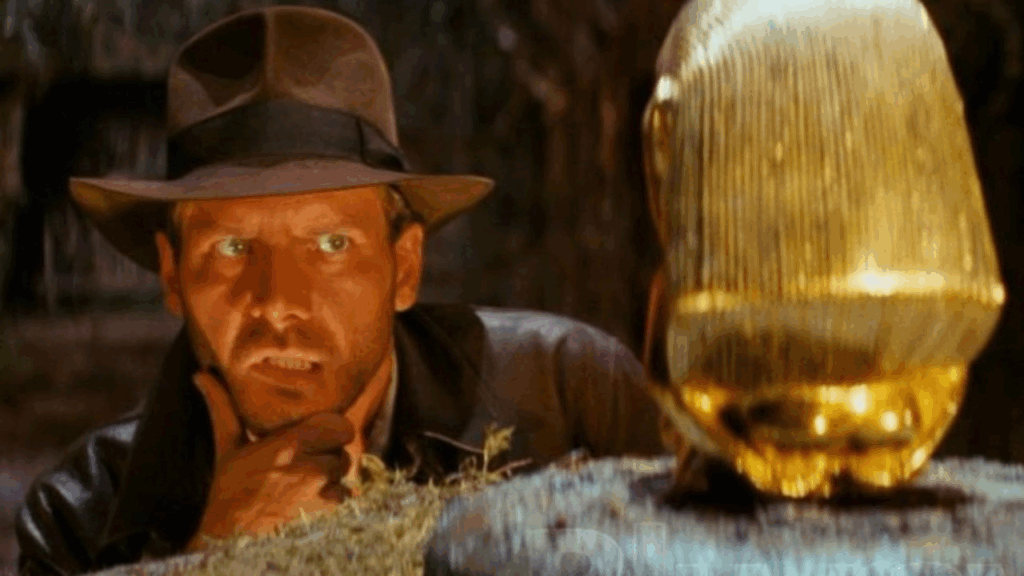
Raiders of the Lost Ark (1981)
“In that moment, cinema feels like a limitless art form to me: An infinite horizon of stories to unpack and steal my heart and melt my face.”
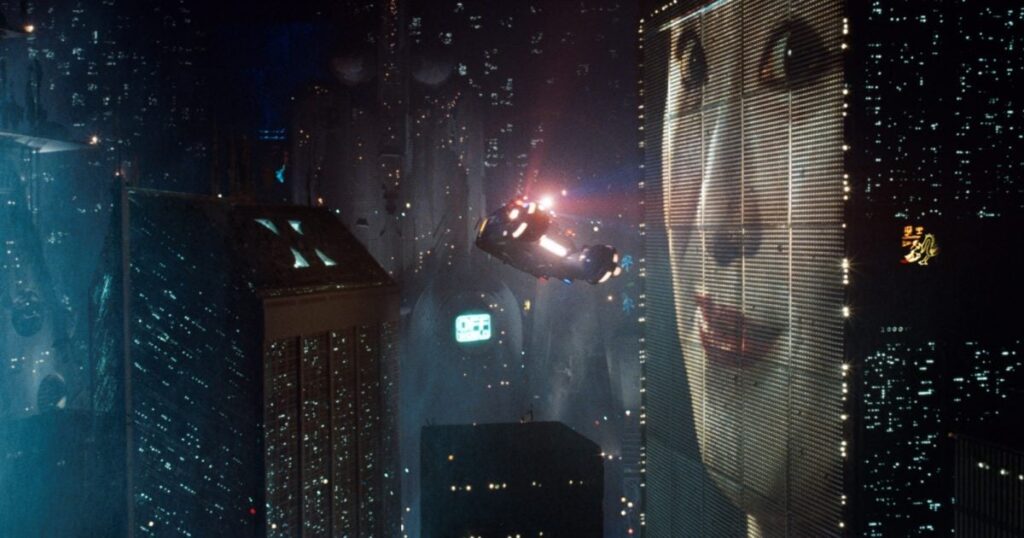
Blade Runner (1982)
“It’s astoundingly great and influential science fiction, the kind that rekindles a curiosity about what the future might mean for the soul of mankind.”
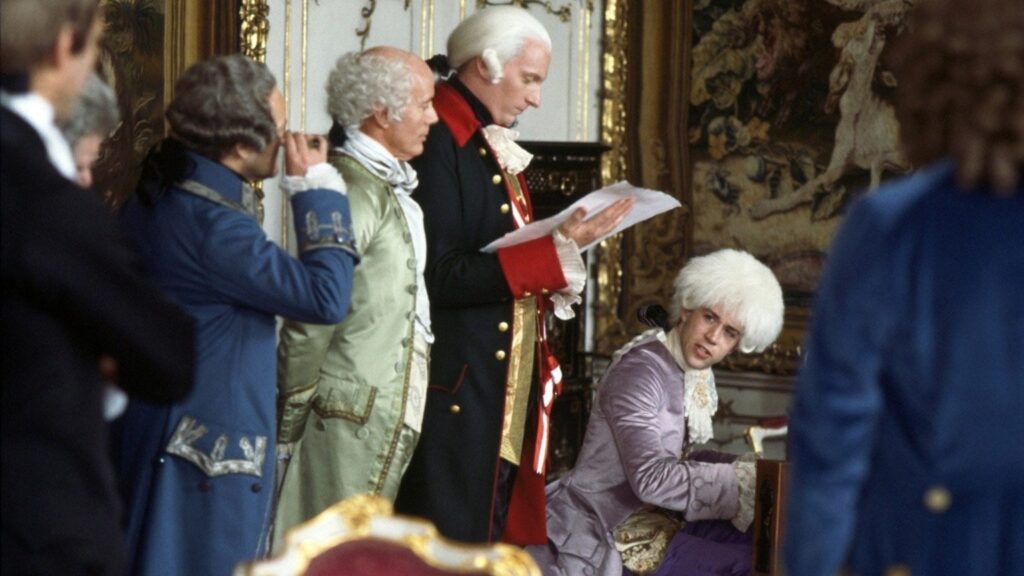
Amadeus (1984)
“All of this drama is wrapped in a constant struggle between the divine and the sinful. In fact, the film culminates with those two forces merging, the literal murder via worship — Salieri transcribing the Lacrimosa, its very composition sucking the life out of Mozart.”
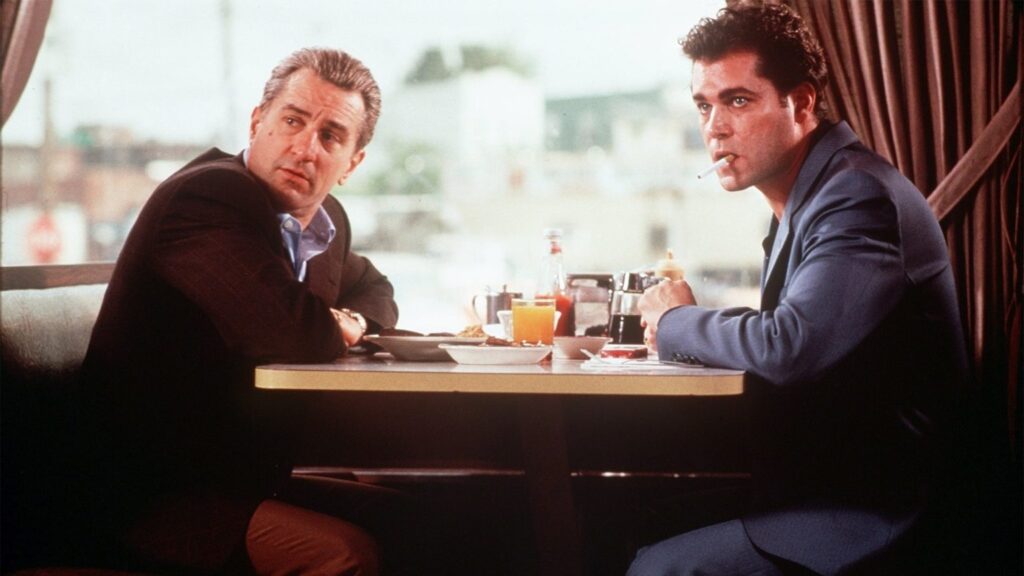
GoodFellas (1990)
“You can watch Goodfellas with a notebook in hand, jotting down every brilliant touch in every scene, and fill dozen of pages before the credits roll. Alternately, you can just soak it all in. It’s an experiential ride and emotional roller coaster and gripping story just as much as it’s a masterwork of the form.”
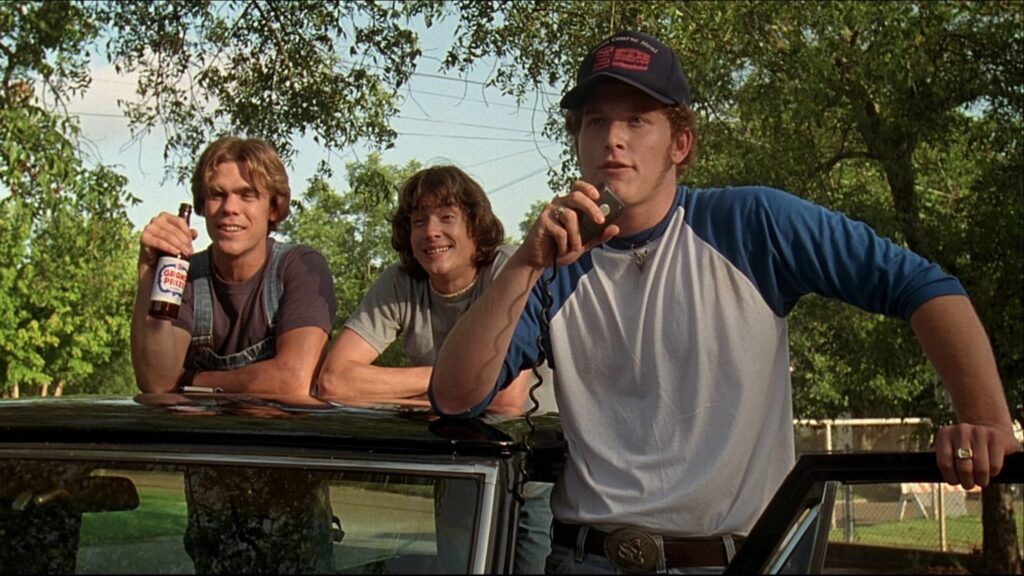
Dazed and Confused (1993)
“The miracle of Dazed and Confused is not any of its components, or even the remarkable summation of them, but the way it surpasses that sum of its parts. It comes together into a sublime whole where each piece improves the other. This film simultaneously speaks so many universal, timeless truths about adolescence and finding one’s place in the world… yet gives us a perfect, tiny portrait of a specific time and place.”
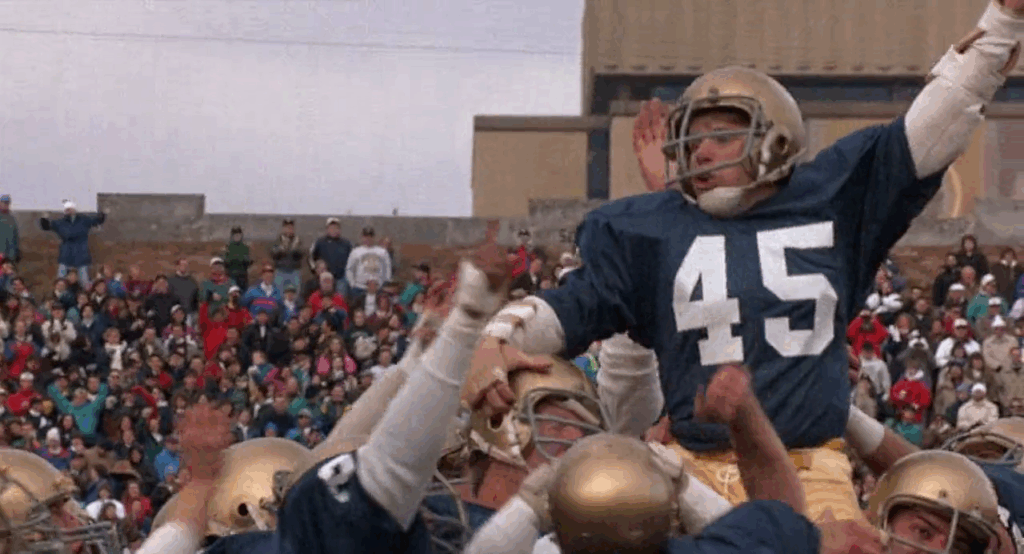
Rudy (1993)
“After all, this is a movie that speaks to me on a spiritual, almost molecular level; a movie with layers upon layers of nostalgic meaning and emotional profundity to me personally. For me, it is the single most inspiring film ever made and one of the most emotionally evocative. For that reason, and for so many others, I can give it no rating other than ‘masterpiece.'”
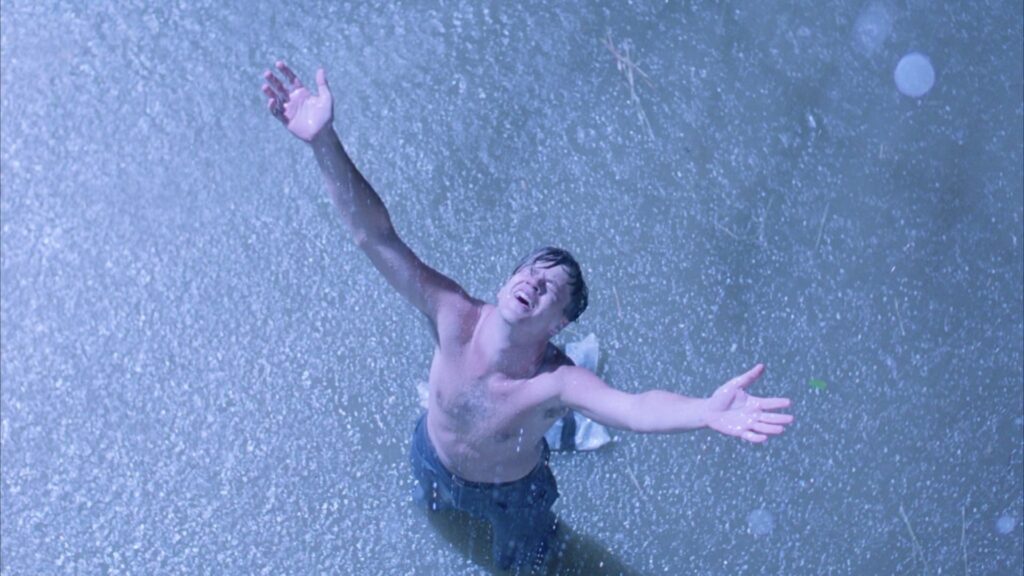
The Shawshank Redemption (1994)
“It’s a tribute to the indefatigability of the human spirit, of the power for hope to carry us through dark times. Shawshank is not exactly coy with this theme — the final two words are, of course, ‘I hope’ — but its inspirational qualities are the product of its storytelling above all else.”
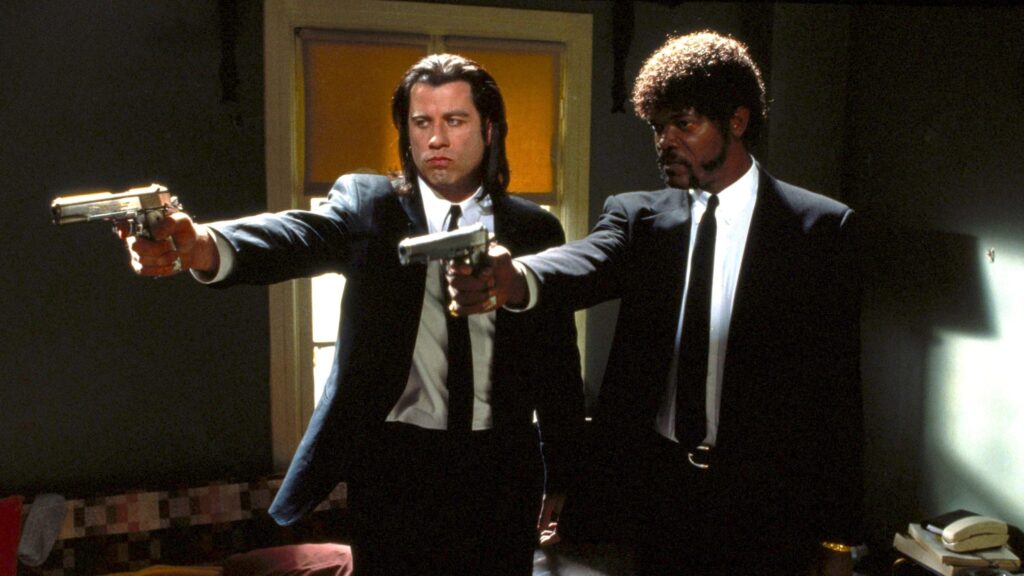
Pulp Fiction (1994)
“Pulp Fiction may be old hat, but, to me, it’s the good kind: A flawed but infinitely rewatchable masterpiece that has rightfully been canonized as a classic.”
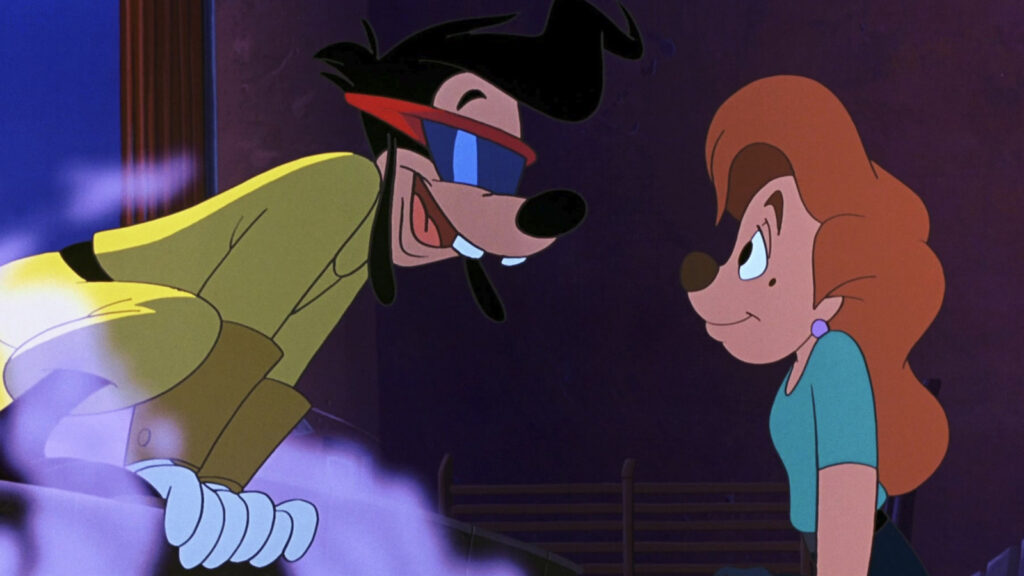
A Goofy Movie (1995)
“Sometimes a story that shines in just the right ways transcends its smallness and hiccups that I’d otherwise bemoan. And sometimes nostalgia simply wins out, obfuscating my perspective on whether this is truly great or just truly meaningful to me specifically.”
Toy Story (1995)
“Given its Disney pedigree, it’s easy to forget just how grumpy and mean the toys are to each other in this one. I love it. Buzz and Woody bicker with each other, of course, but it’s basically all the toys. They turn on Woody in an instant. Mr. Potato Head is an ass. And let’s not forget how relentlessly psychotic Sid is. The movie makes sure you know he’s really messed up and dangerous.”
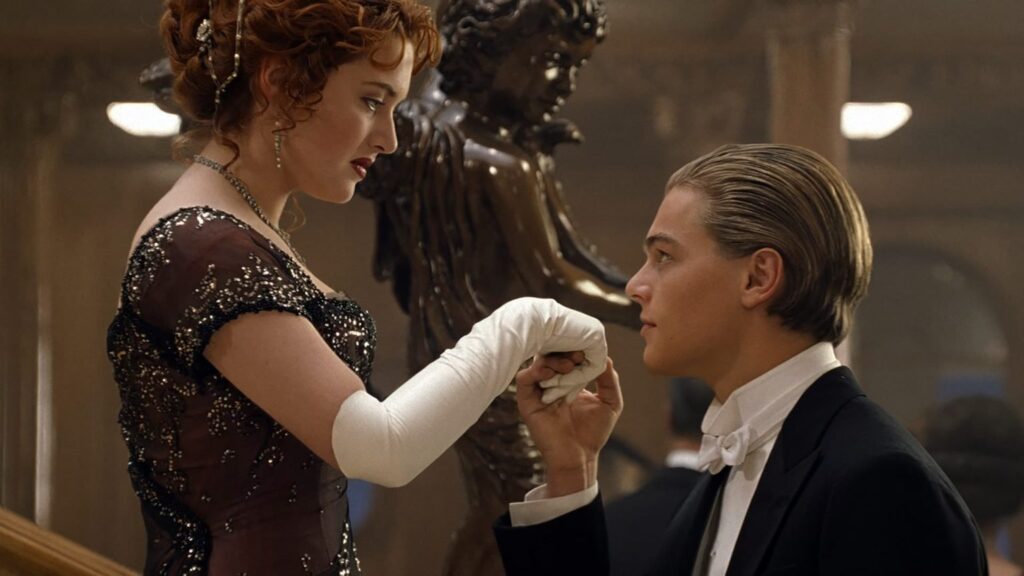
Titanic (1997)
“When I think of the things I want to experience when I go to a movie theater, they’re pretty much all raised to their apotheosis form in Titanic. Heartbreak and romance and thrills. I crave humanity plastered across a giant silver screen. I want ‘king of the world’ images and ‘never let go’ drama.”
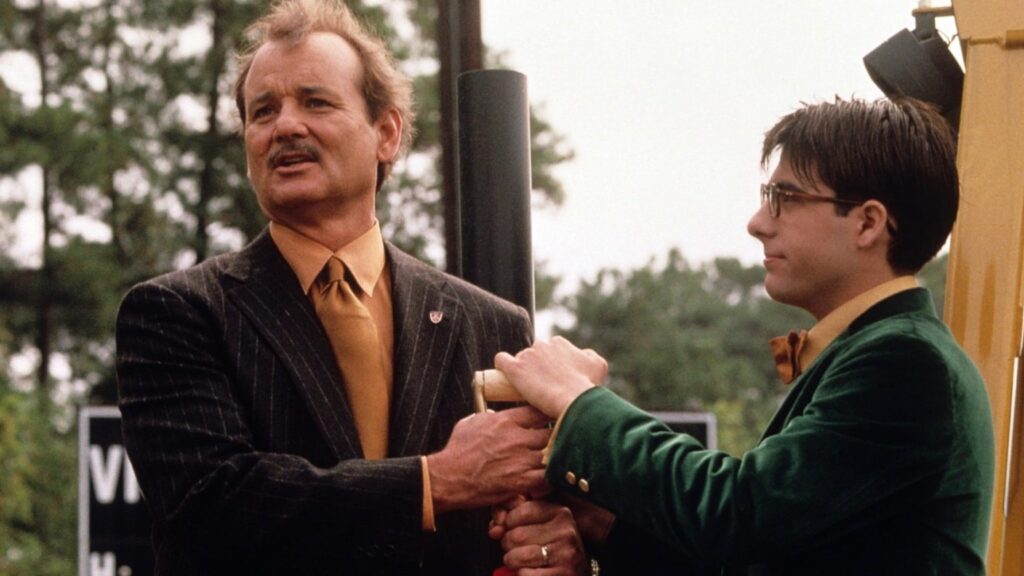
Rushmore (1998)
“Rushmore is one of the great films of the ‘90s and quite honestly one of my favorite movies ever. It’s a miraculous blend of tones and techniques that all still feel like a whole. And because it centers on a wounded teen whose many stumbles eventually lead to a discovery of truth and a strength of character, it is as uplifting as it is tempered with darkness and cynicism.”
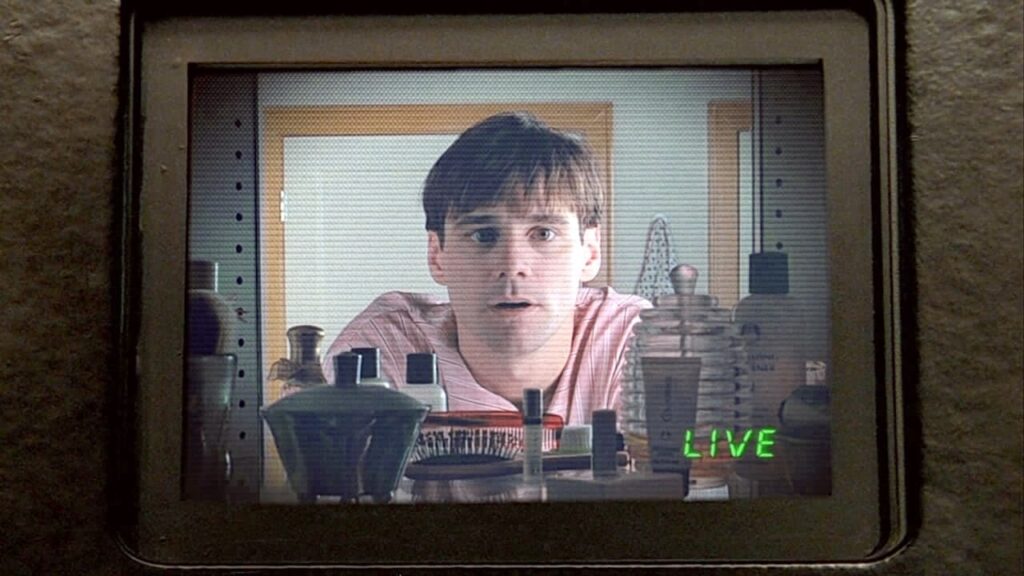
The Truman Show (1998)
“This is a movie about the commoditization of the human experience, about the absurdities of turning every basic life event into a broader social transaction. And so ultimately, I think The Truman Show has even more to say about a different cultural phenomenon: it honestly feels like a sharper critique of social media than anything else.”
Toy Story 2 (1999)
“The first Toy Story was a Buzz-Woody duet, but Toy Story 2 is Woody’s show, with Buzz relegated to supporting player. This would be a problem, except Woody’s arc in this movie remains my single favorite character arc in any Pixar movie. Sure, he knows he’s a toy, and he knows that that’s good, but what does it mean to be a toy?”
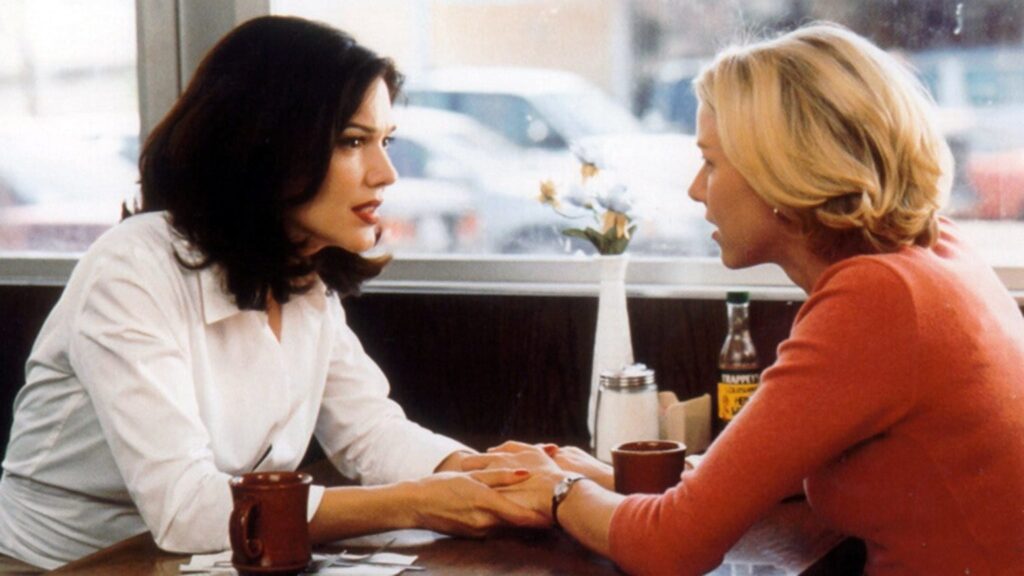
Mulholland Dr. (2001)
“In a traditional narrative, as the film builds to its climax, we expect threads to come together and revelations to answer more questions than they ask. But this is the opposite of what happens in Mulholland Drive: the longer the film goes, the more it dissociates into dream logic and surreality.”
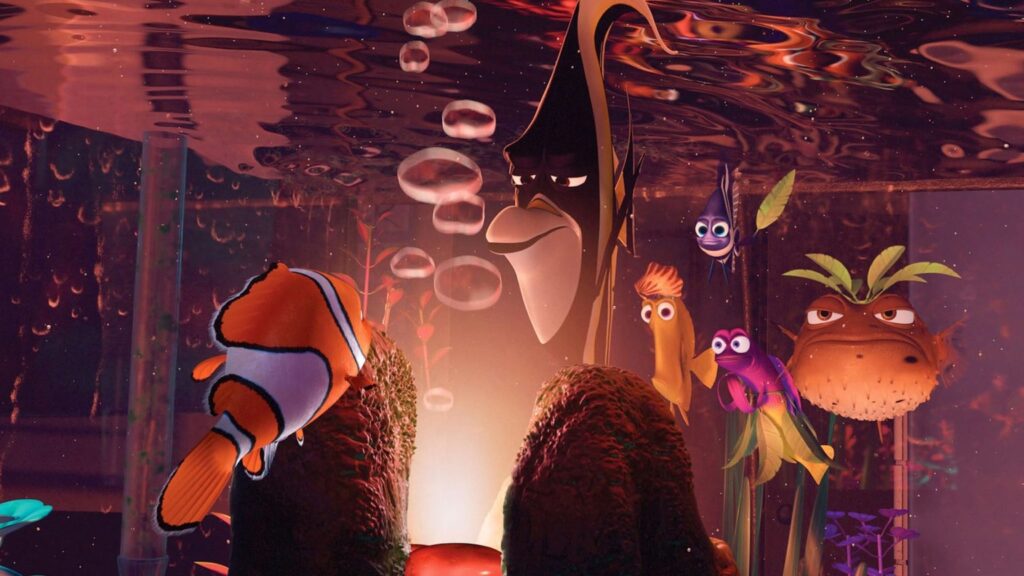
Finding Nemo (2003)
“A success in every aspect of its craft; memorable and dangerous and full of heart, Finding Nemo is unmissable classic.”
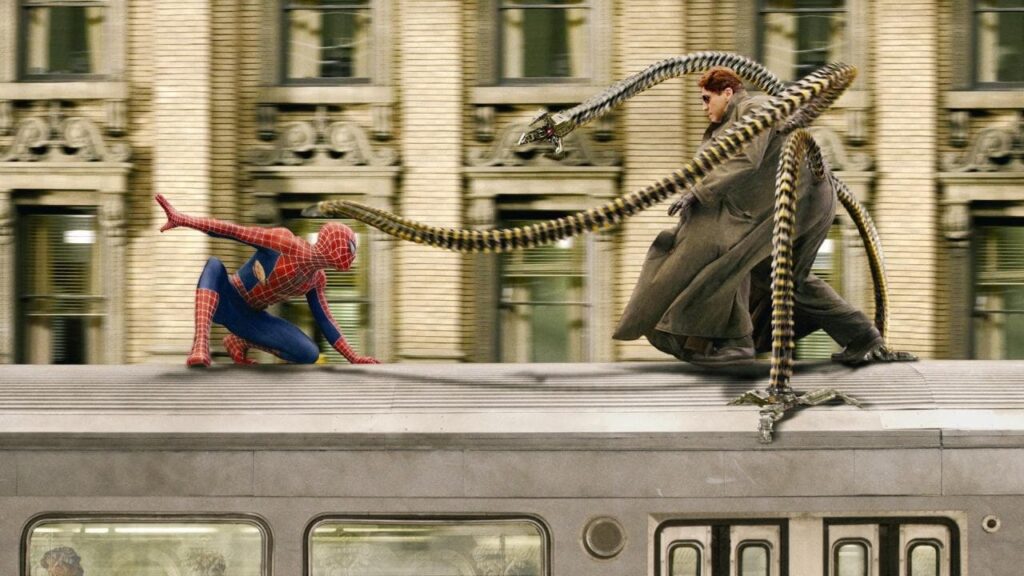
Spider-Man 2 (2004)
“We are so oversaturated with superheroes in the 2020s that comic book movies aren’t just lacking novelty, they are bordering on trite; the majority are excessively glossy or grim. ‘Comic book movie’ has become shorthand for soulless moneymaking blockbuster… But Sam Raimi proved it doesn’t have to be that way. Great filmmaking endures, and in the realm of mainstream blockbusters, it doesn’t get much greater than this.”
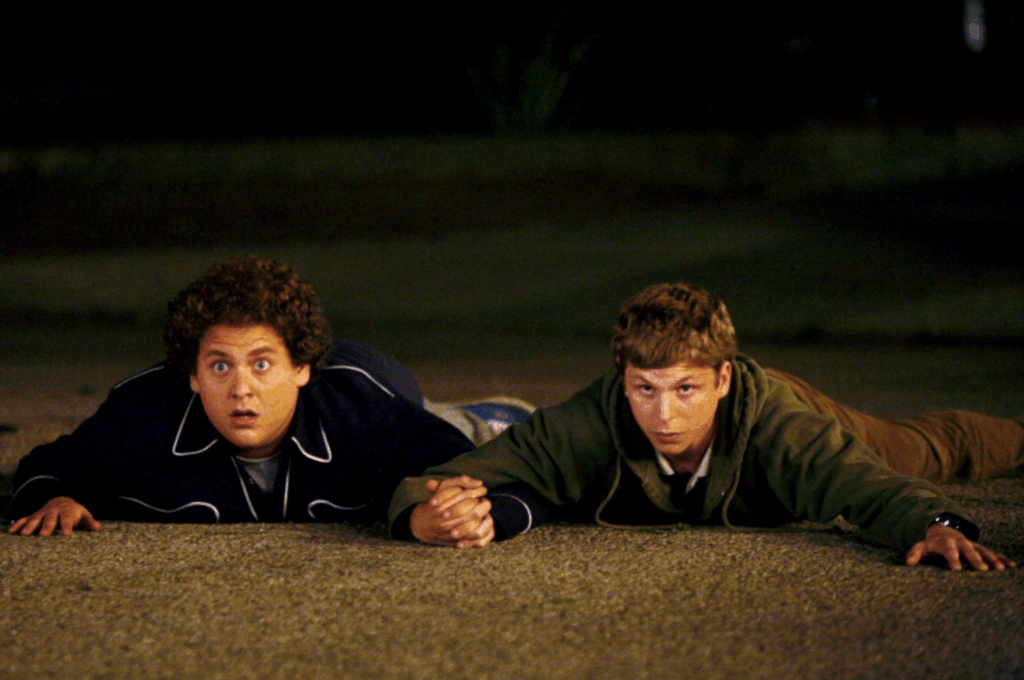
Superbad (2007)
“As far as I’m concerned, Superbad is one of the greats: a great raunchy comedy, a great encapsulation of puerile teenage boyhood, a great rowdy ensemble cast, a great cinematic execution of a joke-delivery-vehicle. It’s a great movie, period, and one of my favorite comedies of all time.”
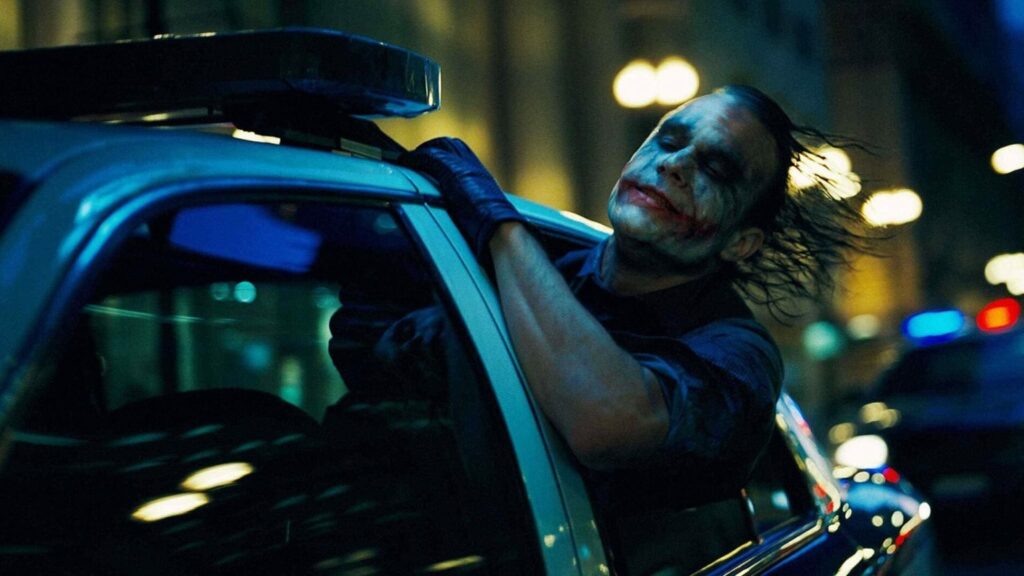
The Dark Knight (2008)
“But this is not a movie designed to deliver a polished, flawless experience; it is, instead, a monumental and excessive creation whose sweep and power result in perhaps the greatest blockbuster of the 21st century to date.”
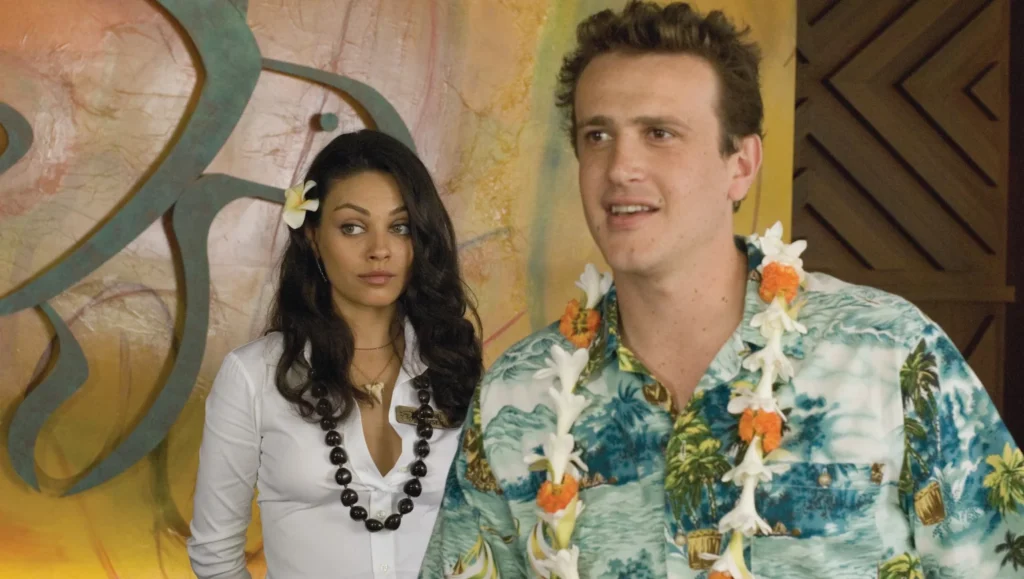
Forgetting Sarah Marshall (2008)
“Sometimes a movie just clicks in a way that is totally subjective. Especially comedies. I know all art, to some extent, is in the eye of the beholder, but I think comedies often just come down to taste and personal funny bones. And, for me, Forgetting Sarah Marshall’s blend of wistful self-deprecation and wry one-liners is my taste to a T.”
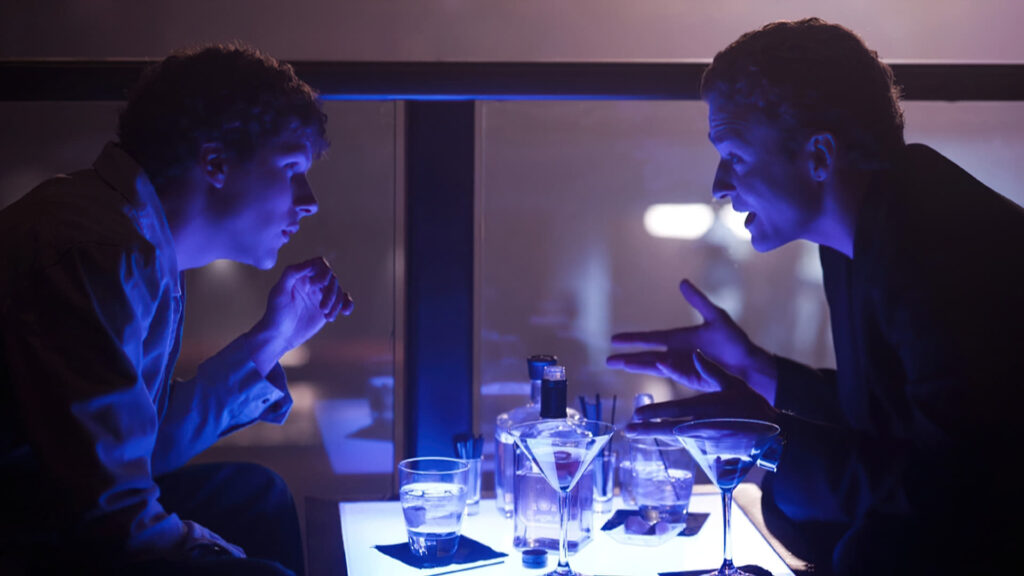
The Social Network (2010)
“Among the many ideas swirling around The Social Network is the quantification and commodification of social interaction. Everything is a number: User count, school count, net worth, investment funds, ownership percentages. Digits everywhere. A billion dollars, not a million.”
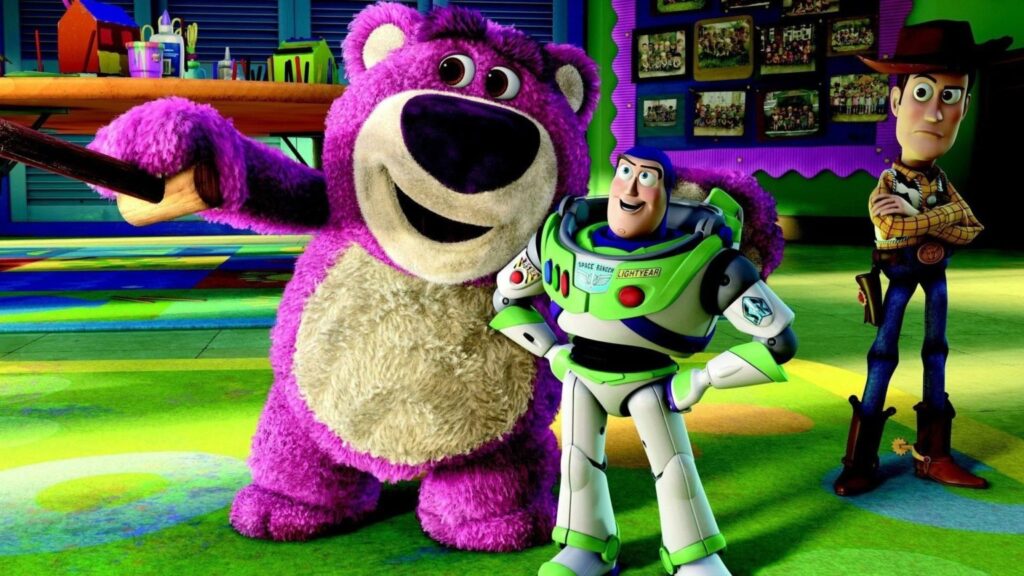
Toy Story 3 (2010)
“There’s no question that Toy Story 3 is the most thematically rich of the Toy Story movies, and perhaps any Pixar movie. But what I especially love is that there’s so many ways to read every scenario and conflict — I’ve been arguing with friends about the symbolism of the ending for over a decade now.”
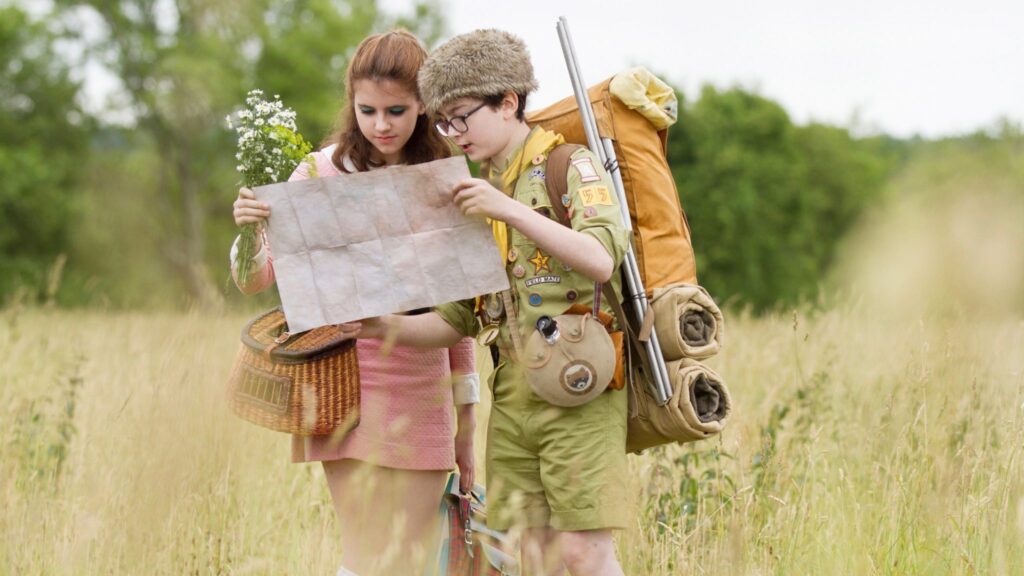
Moonrise Kingdom (2012)
“It all adds up into a film of breathtaking richness and joy in which the unique, world-class presentation and the love-conquers-cynicism story elevate each other, the wonderful curvature and development of each perfectly complementing each other.”

La La Land (2016)
“And by the time you get to that finale, that momentary smile between Seb and Mia that closes the film, capturing a hundred different ideas and feelings — some triumphant and romantic, some tragic and weepy, all bittersweet — La La Land has pulled all of its ambitions together into a true masterpiece.”
And here are reviews written by other contributors that have received the full 8-out-of-8 marks:
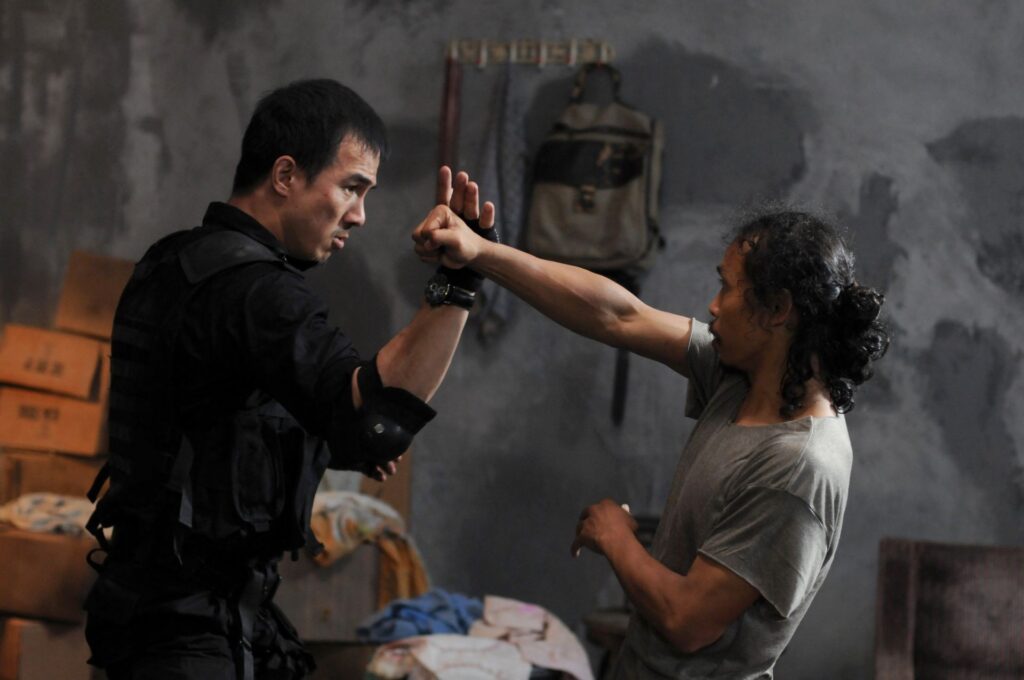
The Raid (2011) (Review by Andrew Milne)
“If The Raid isn’t the greatest action movie ever made (and, to put my cards on the table, I don’t think it is, but it’s in the conversation. Probably Top 5), it’s most certainly the purest. It’s the action film that uses the language of its genre to communicate with its audience most unadulteratedly, and most successfully.”
Dan is the founder and head critic of The Goods. Follow Dan on Letterboxd. Join the Discord for updates and discussion.

